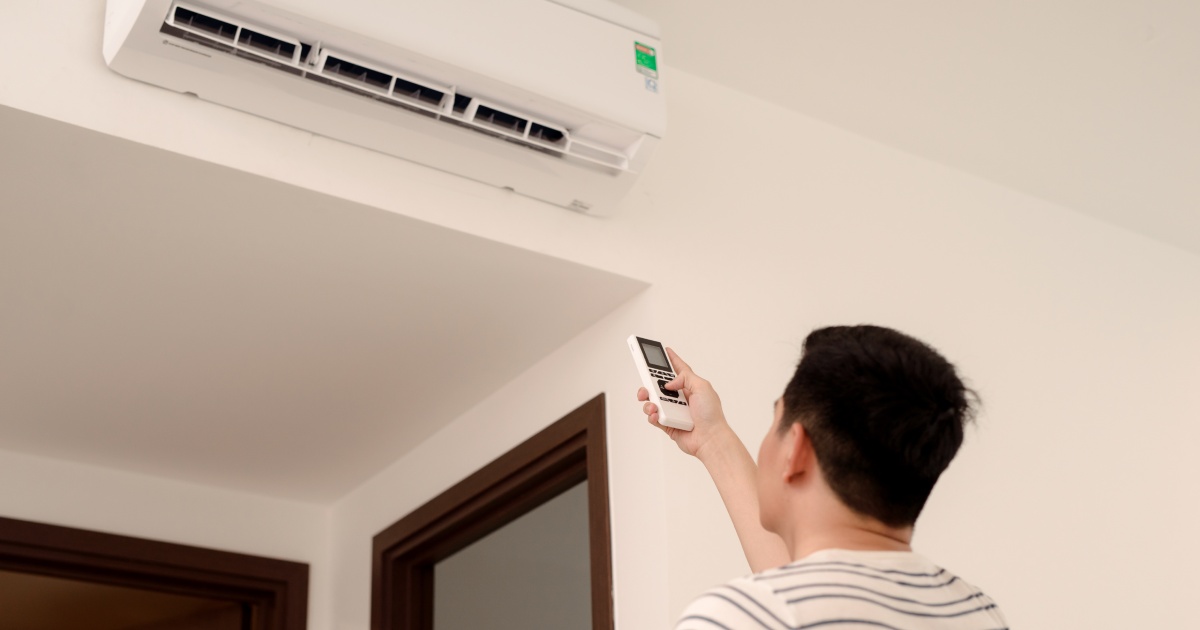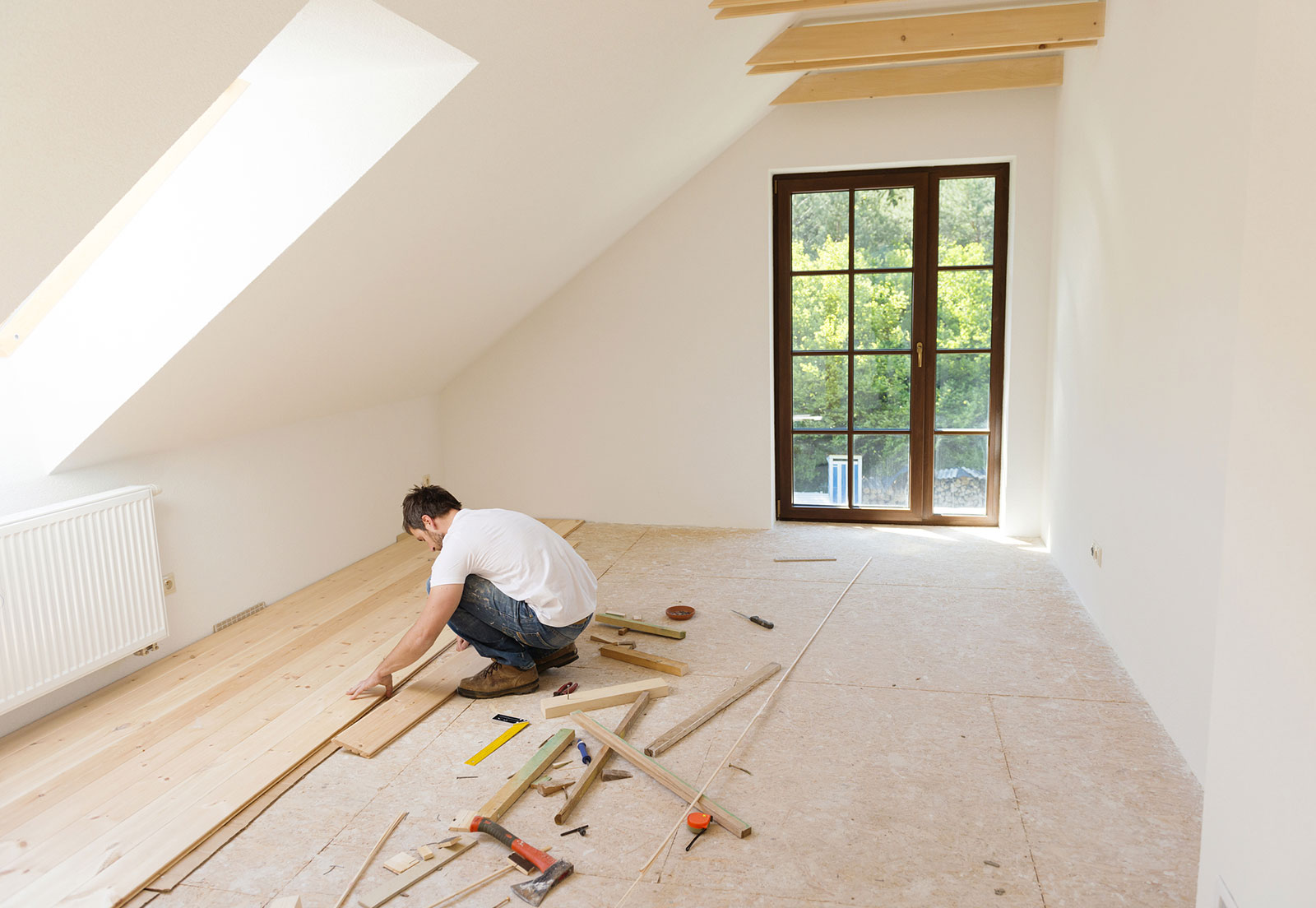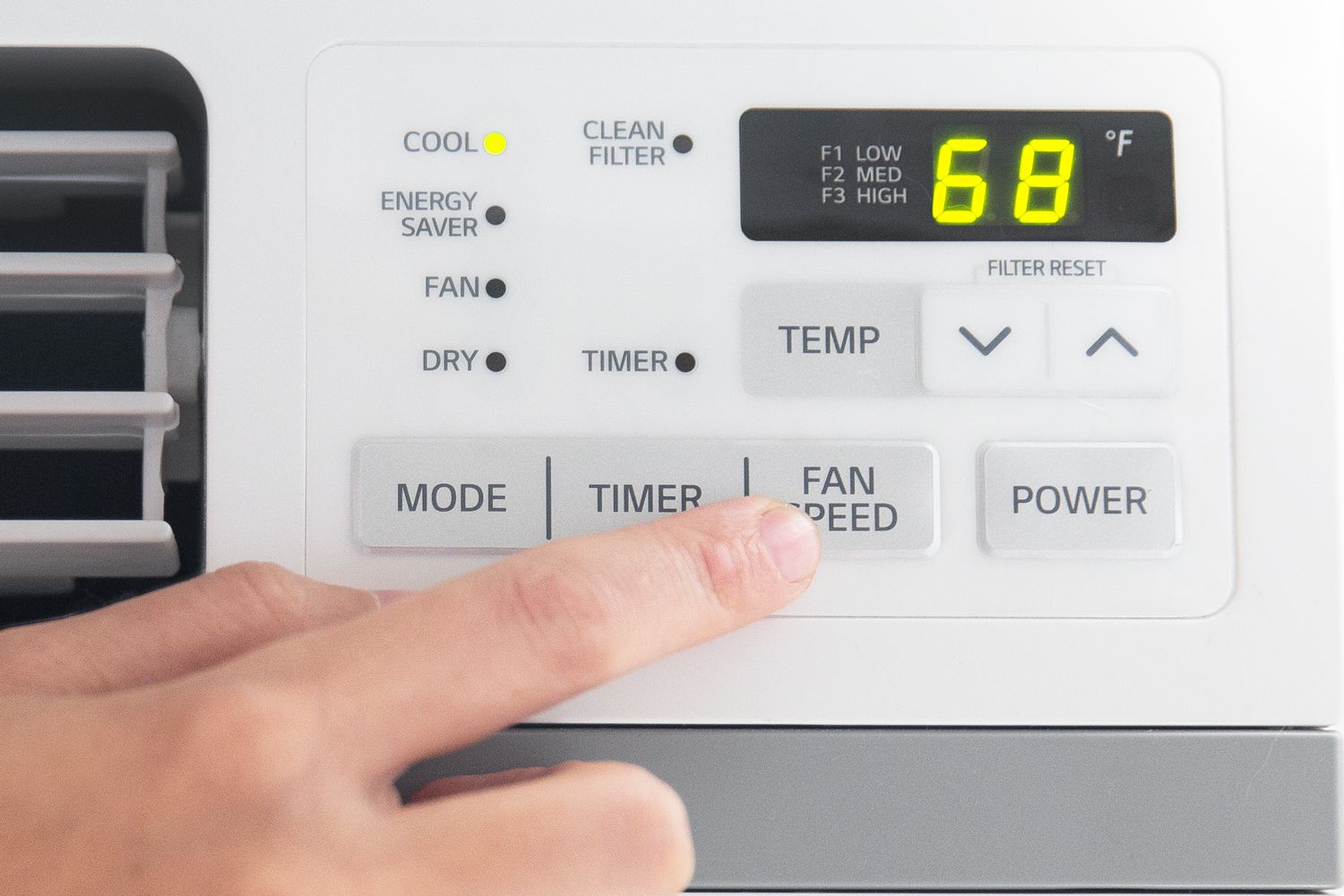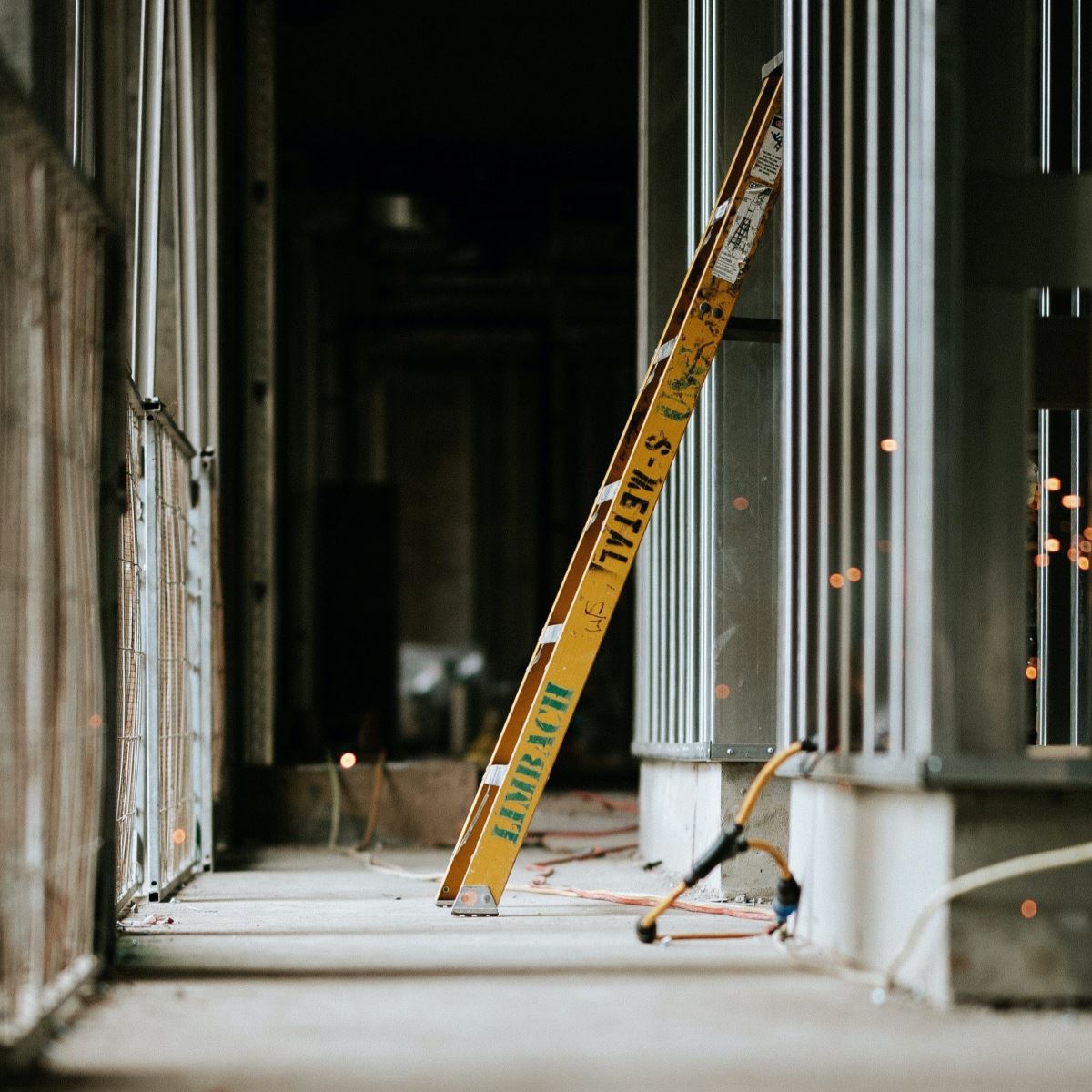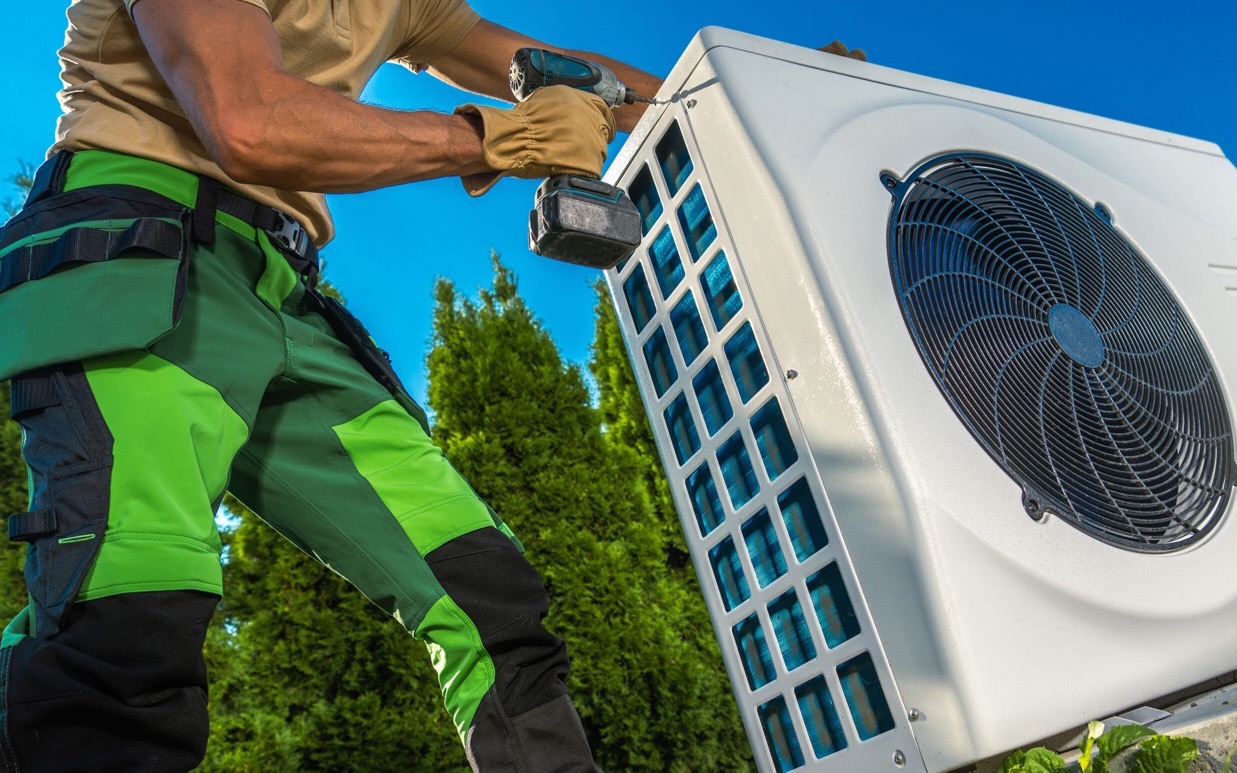Home>Home Maintenance>What Should A General Home Repair Person Charge Hourly
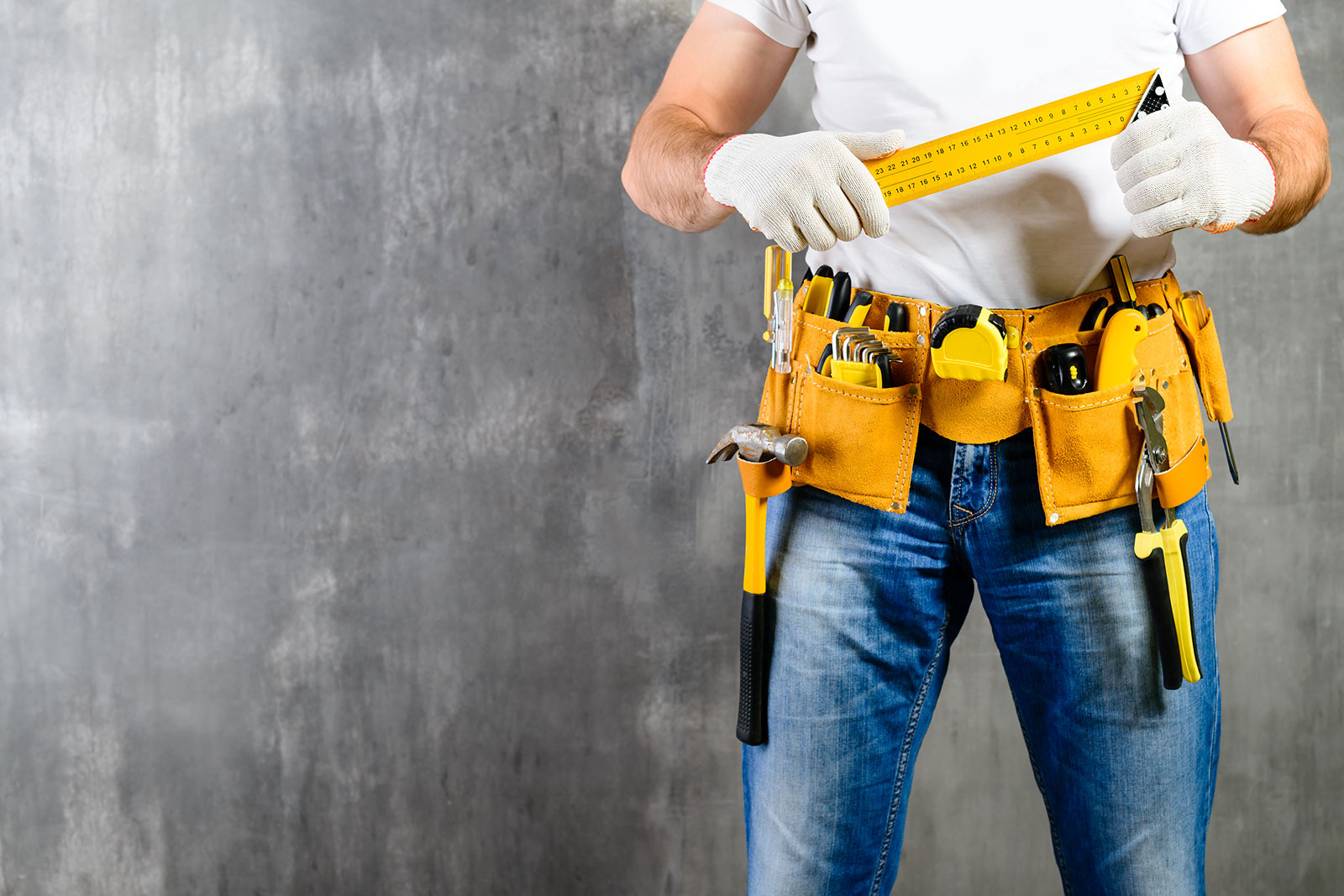

Home Maintenance
What Should A General Home Repair Person Charge Hourly
Modified: March 6, 2024
Looking for a general home repair person? Find out what they typically charge per hour for home maintenance tasks and get an idea of the costs involved.
(Many of the links in this article redirect to a specific reviewed product. Your purchase of these products through affiliate links helps to generate commission for Storables.com, at no extra cost. Learn more)
Introduction
Welcome to the world of home maintenance and repair! Whether you’re a homeowner looking to tackle some DIY projects or a professional handyman starting your own business, understanding what to charge for your services is crucial. In this article, we’ll explore the factors that come into play when determining the hourly rate for a general home repair person.
When it comes to home repair, there is a wide range of tasks that may need to be addressed, including plumbing repairs, electrical work, carpentry projects, and more. Hiring a professional to handle these tasks ensures they are completed correctly and in a timely manner. However, as a general home repair person, it’s essential to know what to charge for your expertise and services.
Setting an appropriate hourly rate is not a one-size-fits-all approach, as various factors must be taken into consideration. These factors can include your level of experience, the complexity of the task, market demand, and the cost of living in your area. By carefully considering these factors, you can ensure that you are pricing your services competitively while still making a profit.
It’s important to keep in mind that your hourly rate should adequately reflect the value you bring to your clients. While it may be tempting to undercut the competition to secure more jobs, pricing your services too low could potentially devalue your skills and expertise. On the other hand, setting your rates too high may deter potential clients and impact your ability to secure consistent work.
In the next sections, we will explore the average rates for general home repair professionals and discuss how you can determine your own hourly rate. Additionally, we will touch upon some additional considerations that may impact your pricing strategy. By the end of this article, you’ll be equipped with the knowledge and insights necessary to confidently set your hourly rate in the competitive home repair industry.
So, let’s dive in and learn more about what a general home repair person should charge hourly!
Key Takeaways:
- Setting the right hourly rate for home repair services involves considering factors like experience, task complexity, market demand, and cost of living. Researching local competitors and adjusting rates based on expertise is crucial.
- Additional factors to consider when determining hourly rates include specialized skills, emergency services, travel distance, and reputation. Regularly reviewing and adjusting rates based on market trends and client feedback is essential for long-term success.
Factors to Consider
Determining the appropriate hourly rate for your general home repair services requires careful consideration of various factors. By taking these factors into account, you can ensure that your pricing aligns with the value you provide and the market demand in your area. Let’s take a closer look at some crucial factors to consider when setting your hourly rate:
1. Experience and Expertise: One of the primary factors that impact your rate is your level of experience and expertise. Clients are willing to pay a premium for professionals who have a proven track record and a deep understanding of home repair. If you have years of experience or specialized knowledge in a particular area, you can justify charging a higher rate.
2. Complexity of the Task: The complexity of the task at hand can also influence your hourly rate. More intricate and challenging projects may require additional skills, tools, and time commitment, which can justify a higher rate. On the other hand, simpler tasks may be priced lower as they require less effort and expertise.
3. Market Demand: The demand for general home repair services in your area can significantly impact pricing. If there is high demand and limited competition, you may have the flexibility to charge higher rates. Conversely, in a saturated market or during slower seasons, you may need to adjust your pricing to remain competitive.
4. Cost of Living: The cost of living in your region should also be taken into account. If you reside in an area with a high cost of living, it may be justifiable to charge a higher hourly rate to cover your expenses and maintain a comfortable income. Conversely, if you live in an area with a lower cost of living, your rates may need to be adjusted accordingly.
5. Time and Efficiency: Your ability to complete projects in a timely and efficient manner can influence your pricing. If you have developed efficient work processes and can complete tasks quickly without compromising quality, you may be able to charge a slightly higher rate.
6. Overhead Costs: It’s crucial to factor in the expenses associated with running your business, including tools, equipment, transportation, insurance, and marketing. These costs should be covered by your hourly rate to ensure a sustainable and profitable business model.
By considering these factors, you can determine a fair and competitive hourly rate for your general home repair services. However, it’s essential to research and analyze your local market to understand how these factors specifically apply to your area. This will help you ensure that your pricing strategy aligns with the demand and expectations of your target audience.
Average Rates for General Home Repair
The average rates for general home repair can vary depending on factors such as location, type of service, and the level of expertise required. While it’s important to remember that these rates are just averages and can vary significantly, they can serve as a starting point for understanding the pricing landscape. Let’s explore some common averages for general home repair services:
1. Handyman Services: Handyman services typically encompass a wide range of tasks, including small repairs, installations, and maintenance work. On average, handymen charge between $50 to $100 per hour. However, keep in mind that this rate may fluctuate based on geographic location, level of experience, and the complexity of the job.
2. Electrical Services: Electrical work often requires specialized knowledge and skills, resulting in higher rates. On average, electricians charge between $65 to $120 per hour. This rate includes services such as wiring, lighting installations, panel upgrades, and troubleshooting electrical issues.
3. Plumbing Services: Plumbing services cover a broad spectrum of tasks, ranging from fixing leaks to installing new fixtures. The average hourly rate for plumbers is typically between $75 to $150. Keep in mind that more complex plumbing projects, such as full system installations or sewer line repairs, can command higher rates.
4. Carpentry Services: Carpentry involves various tasks such as building, repairing, and installing wooden structures and furniture. The average hourly rate for carpenters is around $60 to $100. Rates may vary depending on the complexity of the project and whether specialized skills like cabinetry or fine woodworking are required.
5. Painting Services: Professional painters typically charge by the square footage or by the hour. On average, painters charge around $25 to $50 per hour or $2 to $4 per square foot. Rates may vary based on factors such as the complexity of the painting job, the type of paint and materials used, and any additional preparation work required.
It’s worth noting that these rates are general estimates and may differ based on your location, local market dynamics, and the specific scope of work. It’s important to research the pricing trends in your area to ensure that your rates are competitive and reflective of the value you provide.
When establishing your hourly rate, it’s also crucial to consider your experience level, expertise, and the unique aspects of your services. Adjusting your rates accordingly based on these factors will help you offer fair pricing to your clients while ensuring that your business remains sustainable and profitable.
Remember, these average rates should serve as a guideline rather than set-in-stone figures. Conducting market research, surveying your local competitors, and assessing your target audience’s willingness to pay will help you determine the most appropriate rates for your general home repair services.
Research the average hourly rates for general home repair in your area to ensure you are charging a competitive price. Consider factors such as experience, expertise, and the complexity of the job when setting your rate.
Determining Your Hourly Rate
Setting the right hourly rate for your general home repair services is crucial for your business’s success. While there is no one-size-fits-all approach, there are several methods you can use to determine an appropriate rate that aligns with your experience, target market, and the value you offer. Here are some strategies to help you determine your hourly rate:
1. Research Local Competitors: Start by researching your local market and understanding the rates charged by other general home repair professionals in your area. This will give you a benchmark to work from and help ensure that your rates are competitive. Keep in mind that pricing can vary based on experience, specialization, and the quality of services offered.
2. Consider Your Costs: Calculate your business expenses, including overhead costs, such as tools, equipment, insurance, and advertising. Determine how many billable hours you can realistically work in a month. Divide your total monthly expenses by the number of billable hours to get an idea of the minimum hourly rate you need to cover your costs. It’s essential to factor in a profit margin on top of your expenses to ensure business growth and sustainability.
3. Evaluate Your Experience and Expertise: Consider your level of experience and expertise in the field of general home repair. If you have extensive experience and specialized skills, you may be able to justify charging a higher rate. Your ability to provide quality workmanship, handle complex projects, and offer unique value to clients should be reflected in your hourly rate.
4. Assess Market Demand: Take into account the demand for general home repair services in your area. If there is high demand and limited competition, you may have the flexibility to charge a higher rate. Conversely, in a saturated market, you may need to adjust your pricing strategy to ensure you remain competitive and attract clients.
5. Factor in Time and Efficiency: Consider how efficiently you can complete tasks without compromising quality. Clients value professionals who respect their time and can complete projects in a timely manner. If you can work efficiently and produce excellent results, you may be able to charge a slightly higher rate than someone who takes longer to complete similar tasks.
6. Client Budgets and Expectations: Take into account your target audience’s budget and expectations. It’s important to strike a balance between pricing your services appropriately for your market while ensuring you are compensated fairly for your time and expertise. Understanding your clients’ willingness to pay will help you set rates that are both attractive to customers and financially viable for your business.
Remember, setting your hourly rate is not a one-time decision. It’s an ongoing process that may require adjustments based on market dynamics, changes in expenses, and the level of demand for your services. Regularly reviewing and reevaluating your pricing strategy will help you stay competitive and ensure your business remains profitable.
By considering factors such as local market rates, your costs, experience, efficiency, and client expectations, you can determine an hourly rate that reflects the value you bring to the table and positions you competitively in the general home repair industry.
Additional Considerations
When determining your hourly rate as a general home repair person, there are several additional factors to consider. These considerations can further impact your pricing strategy and help you create a sustainable and successful business. Let’s explore some of these factors:
1. Specialized Skills and Certifications: If you possess specialized skills or certifications in a particular area of home repair, such as HVAC, waterproofing, or structural repairs, you can justify charging a higher rate. Clients value professionals with specialized expertise and are often willing to pay more for their services.
2. Emergency and After-Hours Services: Offering emergency and after-hours services can warrant an additional fee. Clients who require immediate assistance outside of regular business hours often understand the urgency and are willing to pay extra for the convenience and expedited service.
3. Travel Distance: Consider the distance you may need to travel to reach your clients’ locations. If you frequently have to travel long distances, you may need to factor in additional charges to compensate for travel time and expenses.
4. Materials and Supply Costs: In some cases, you may be responsible for sourcing and providing materials for the job. Make sure to account for the cost of materials in your pricing, and clearly communicate how these costs will be handled with your clients.
5. Reputation and Client Testimonials: As your business grows and you establish a positive reputation, you may have the leverage to charge higher rates. Word-of-mouth referrals and positive client testimonials can greatly influence the perceived value of your services and justify premium pricing.
6. Seasonal Demand: Consider the seasonal fluctuations in demand for general home repair services. During busier seasons, when homeowners are tackling home improvement projects, you may be able to charge slightly higher rates. Similarly, during slower seasons, offering promotional discounts or package deals can help attract clients and maintain consistent work.
7. Value-Added Services: Think about additional services you can offer that add value for your clients. For example, providing detailed estimates, offering warranties on your work, or providing ongoing maintenance plans can differentiate your services and justify higher rates.
8. Competitive Advantage: Identify your unique selling points and competitive advantages in the market. Whether it’s your prompt response time, excellent customer service, or specialized skills, highlighting these strengths can justify charging higher rates than your competitors.
Remember, pricing is not a static decision. Regularly reviewing and adjusting your rates based on market trends, cost fluctuations, and client feedback is essential for the ongoing success of your business. Stay proactive in understanding your market, staying updated on industry standards, and delivering exceptional service to ensure your pricing remains competitive and attractive to potential clients.
By considering these additional factors and adapting your pricing strategy accordingly, you can position yourself as a trusted and sought-after general home repair professional while fostering long-term success in the industry.
Conclusion
Determining the hourly rate for your general home repair services is a critical step towards building a successful and profitable business. By considering various factors such as your experience, market demand, costs, and unique value proposition, you can set rates that reflect your expertise while attracting and retaining clients.
Remember that setting your hourly rate is not a one-time decision but an ongoing process. Regularly assess market trends, adjust for changes in expenses, and monitor client feedback to ensure that your pricing remains competitive and aligned with the value you provide.
When setting your rates, it’s important to strike a balance between being fair to yourself and affordable to your clients. Undercharging can undervalue your skills and hinder your ability to sustain your business, while overpricing may deter potential clients and limit your opportunities. Research your local market, analyze competitor rates, and factor in expenses to find the sweet spot that allows you to maintain profitability and meet client expectations.
Consider additional factors such as specialized skills, emergency services, travel distance, and reputation when determining your pricing. These factors can further differentiate your services and justify higher rates if applicable.
Client satisfaction and delivering high-quality work should always be your priority. Building a strong reputation through excellent service, word-of-mouth referrals, and positive testimonials will enable you to command higher rates as your business grows.
Keep in mind that the home repair industry is dynamic and can change over time. Stay updated on industry trends, continue expanding your knowledge and skills, and adapt your pricing strategy accordingly. Regularly review and adjust your rates to reflect market changes, cost fluctuations, and the value you offer.
Finding the right hourly rate for your general home repair services requires careful consideration of multiple factors. By doing your research, understanding your market, and evaluating your own costs and expertise, you can confidently set a competitive and sustainable rate that reflects the value you bring to your clients.
Remember, your hourly rate should not only cover your expenses and generate a profit but also reflect the quality of your work and the value you provide. With a well-calibrated pricing strategy, you can thrive in the general home repair industry and build a successful business that meets the needs of your clients while rewarding your skills and dedication.
Frequently Asked Questions about What Should A General Home Repair Person Charge Hourly
Was this page helpful?
At Storables.com, we guarantee accurate and reliable information. Our content, validated by Expert Board Contributors, is crafted following stringent Editorial Policies. We're committed to providing you with well-researched, expert-backed insights for all your informational needs.



